Nine in ten cancers caused by lifestyle, says new study
As many as 90 per cent of cancers result from environmental factors such as smoking and pollution
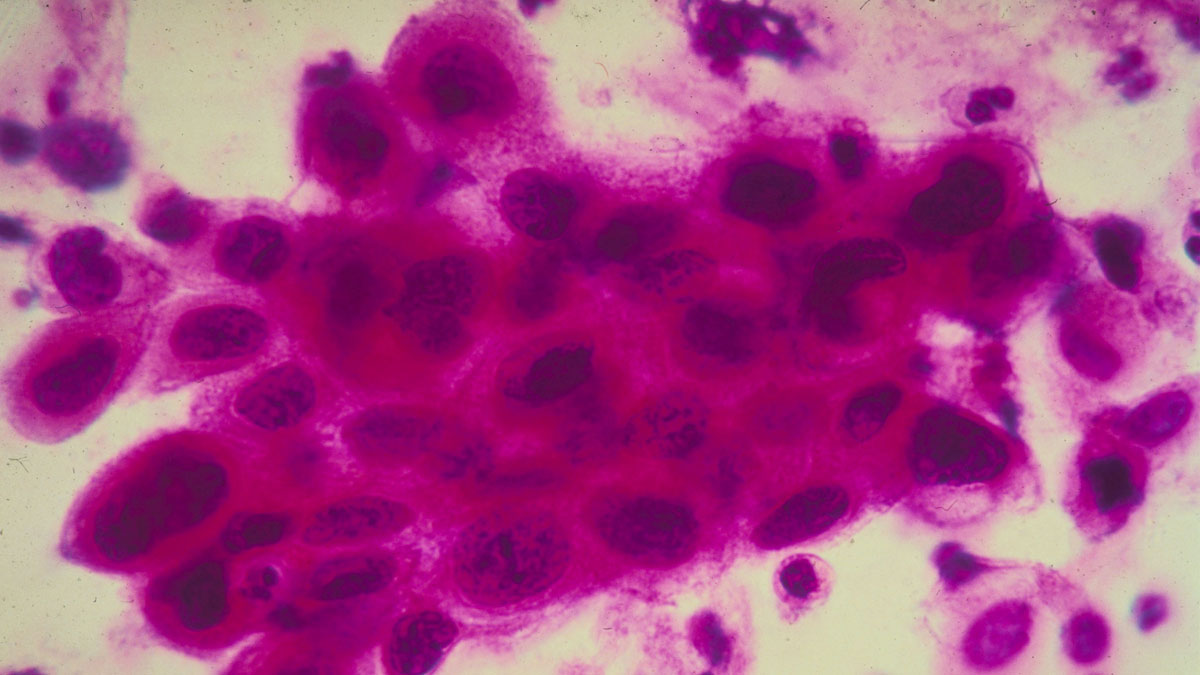
A free daily email with the biggest news stories of the day – and the best features from TheWeek.com
You are now subscribed
Your newsletter sign-up was successful
A new study has found that environmental and external factors such as smoking, drinking and air pollution are the likely cause of the majority of cancer cases.
The study, by doctors from Stony Brook Cancer Centre in New York, was published in the journal Nature. It used four new approaches to determine that only 10 to 30 per cent of cancers were down to the way the body naturally functions or to 'luck'.
Cancer is caused by one of the body's cells dividing out of control. There has been some debate as to the role external factors play in causing this accelerated division.
The Week
Escape your echo chamber. Get the facts behind the news, plus analysis from multiple perspectives.

Sign up for The Week's Free Newsletters
From our morning news briefing to a weekly Good News Newsletter, get the best of The Week delivered directly to your inbox.
From our morning news briefing to a weekly Good News Newsletter, get the best of The Week delivered directly to your inbox.
Earlier this year, researchers caused controversy by suggesting that two thirds of cancer types were down to luck rather than external factors, but the new study disagrees.
"External factors play a big role, and people cannot hide behind bad luck," Dr Yusuf Hannun, the director of Stony Brook, told the BBC.
"They can't smoke and say it's bad luck if they have cancer – not every smoker gets cancer, obviously there is still an element of luck, but they have stacked the odds against them."
Doctors have warned that not all external factors that cause cancer have been identified and not all of them may be avoidable.
A free daily email with the biggest news stories of the day – and the best features from TheWeek.com
"The finding is likely to prove controversial," says the Daily Telegraph, "as it suggests that people could slash their risk of ever getting cancer if they just made simple lifestyle changes."
But experts have described the evidence as "pretty convincing".
Kevin McConway, a professor of applied statistics at the Open University, said: "They do provide pretty convincing evidence that external factors play a major role in many cancers, including some of the most common.
"This study demonstrates again that we have to look well beyond pure chance and luck to understand and protect against cancers."
Around 330,000 people are diagnosed with cancer in the UK each year and 161,000 will die, according to statistics from Cancer Research UK.
-
 The week’s best photos
The week’s best photosIn Pictures An explosive meal, a carnival of joy, and more
-
 The ‘ravenous’ demand for Cornish minerals
The ‘ravenous’ demand for Cornish mineralsUnder the Radar Growing need for critical minerals to power tech has intensified ‘appetite’ for lithium, which could be a ‘huge boon’ for local economy
-
 Why are election experts taking Trump’s midterm threats seriously?
Why are election experts taking Trump’s midterm threats seriously?IN THE SPOTLIGHT As the president muses about polling place deployments and a centralized electoral system aimed at one-party control, lawmakers are taking this administration at its word
-
 The truth about vitamin supplements
The truth about vitamin supplementsThe Explainer UK industry worth £559 million but scientific evidence of health benefits is ‘complicated’
-
 Covid-19 mRNA vaccines could help fight cancer
Covid-19 mRNA vaccines could help fight cancerUnder the radar They boost the immune system
-
 Deadly fungus tied to a pharaoh's tomb may help fight cancer
Deadly fungus tied to a pharaoh's tomb may help fight cancerUnder the radar A once fearsome curse could be a blessing
-
 'Poo pills' and the war on superbugs
'Poo pills' and the war on superbugsThe Explainer Antimicrobial resistance is causing millions of deaths. Could a faeces-filled pill change all that?
-
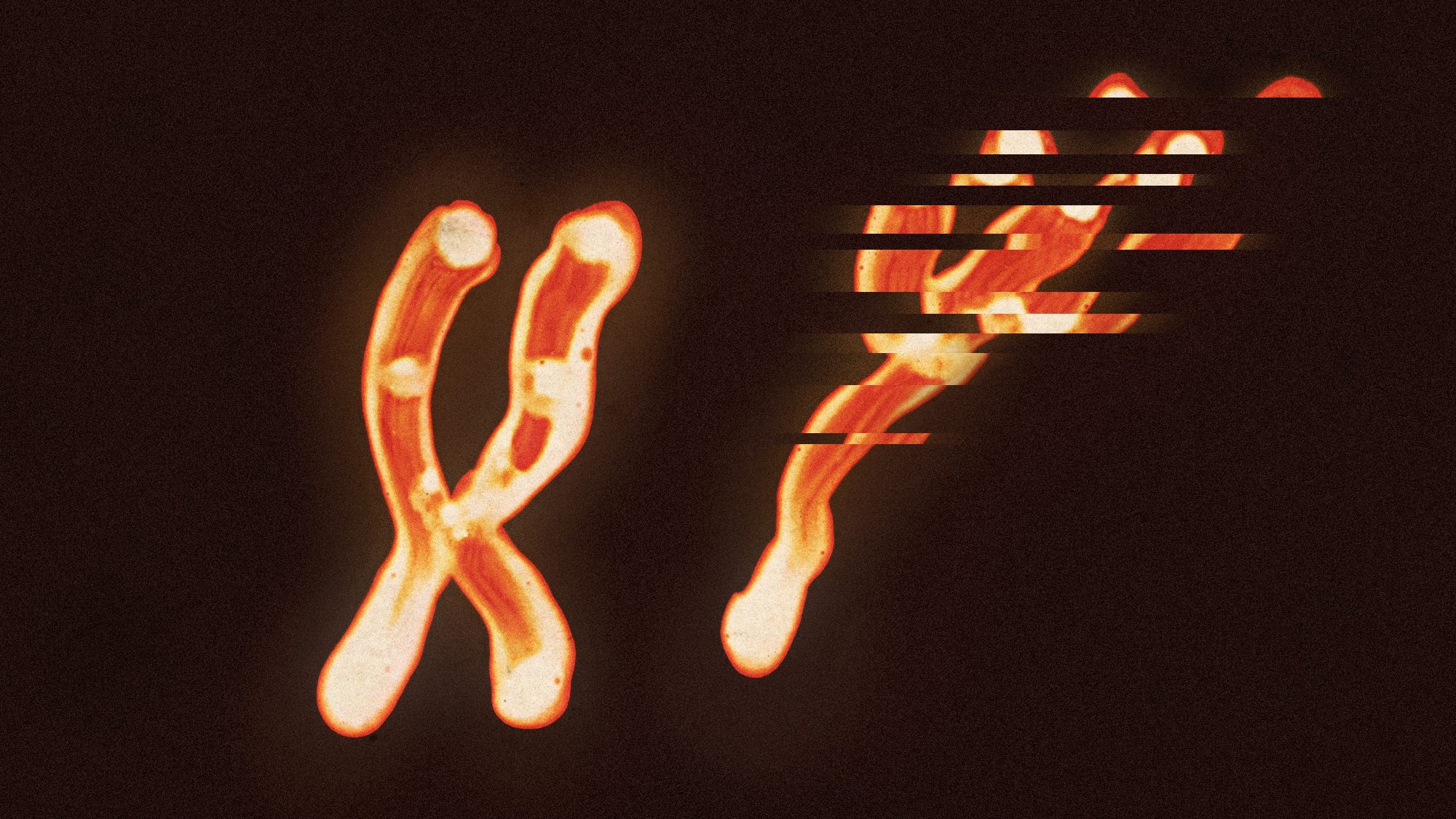 The Y chromosome degrades over time. And men's health is paying for it
The Y chromosome degrades over time. And men's health is paying for itUnder the radar The chromosome loss is linked to cancer and Alzheimer's
-
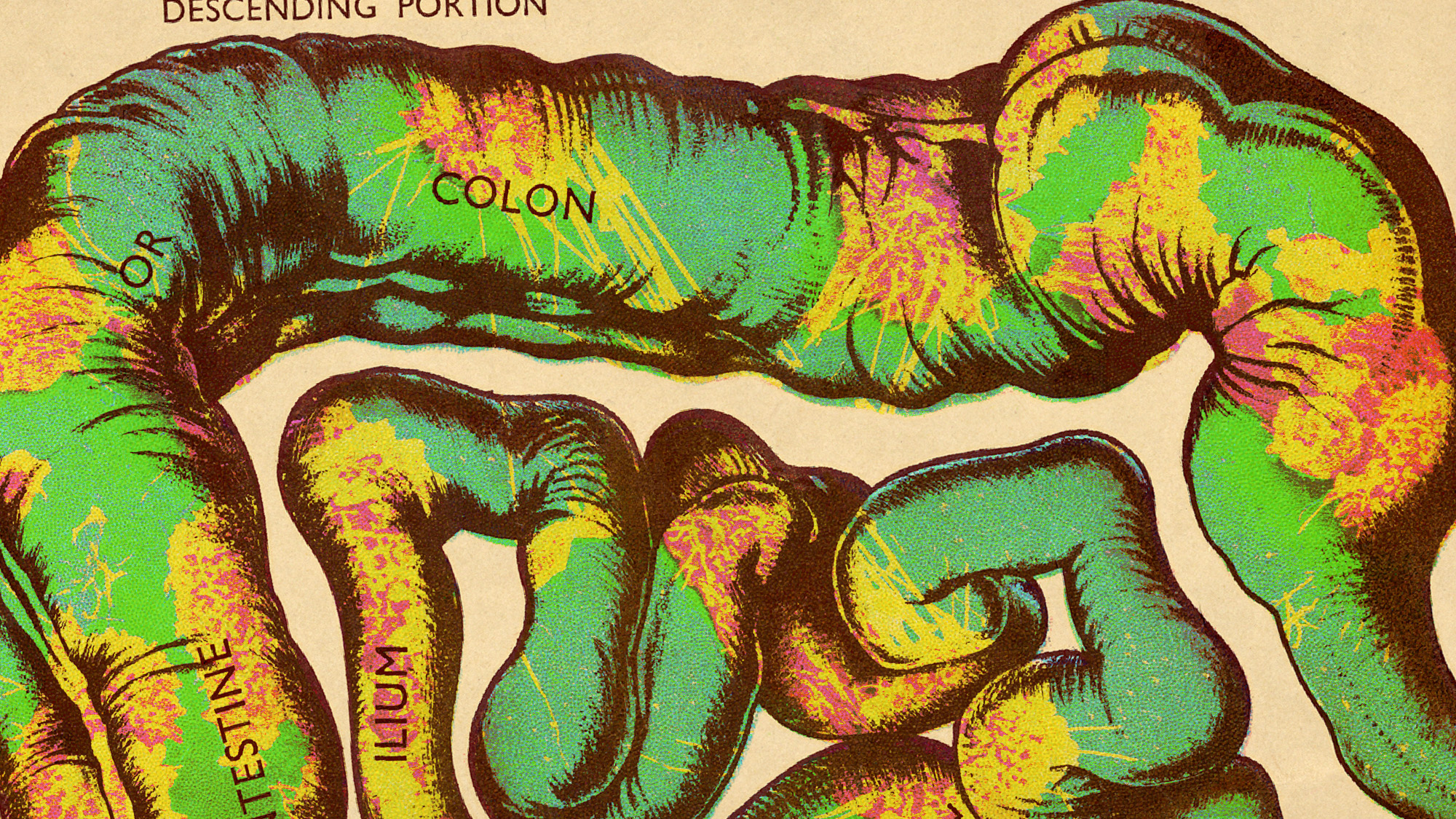 A bacterial toxin could be contributing to the colorectal cancer rise in young people
A bacterial toxin could be contributing to the colorectal cancer rise in young peopleUnder the radar Most exposure occurs in childhood
-
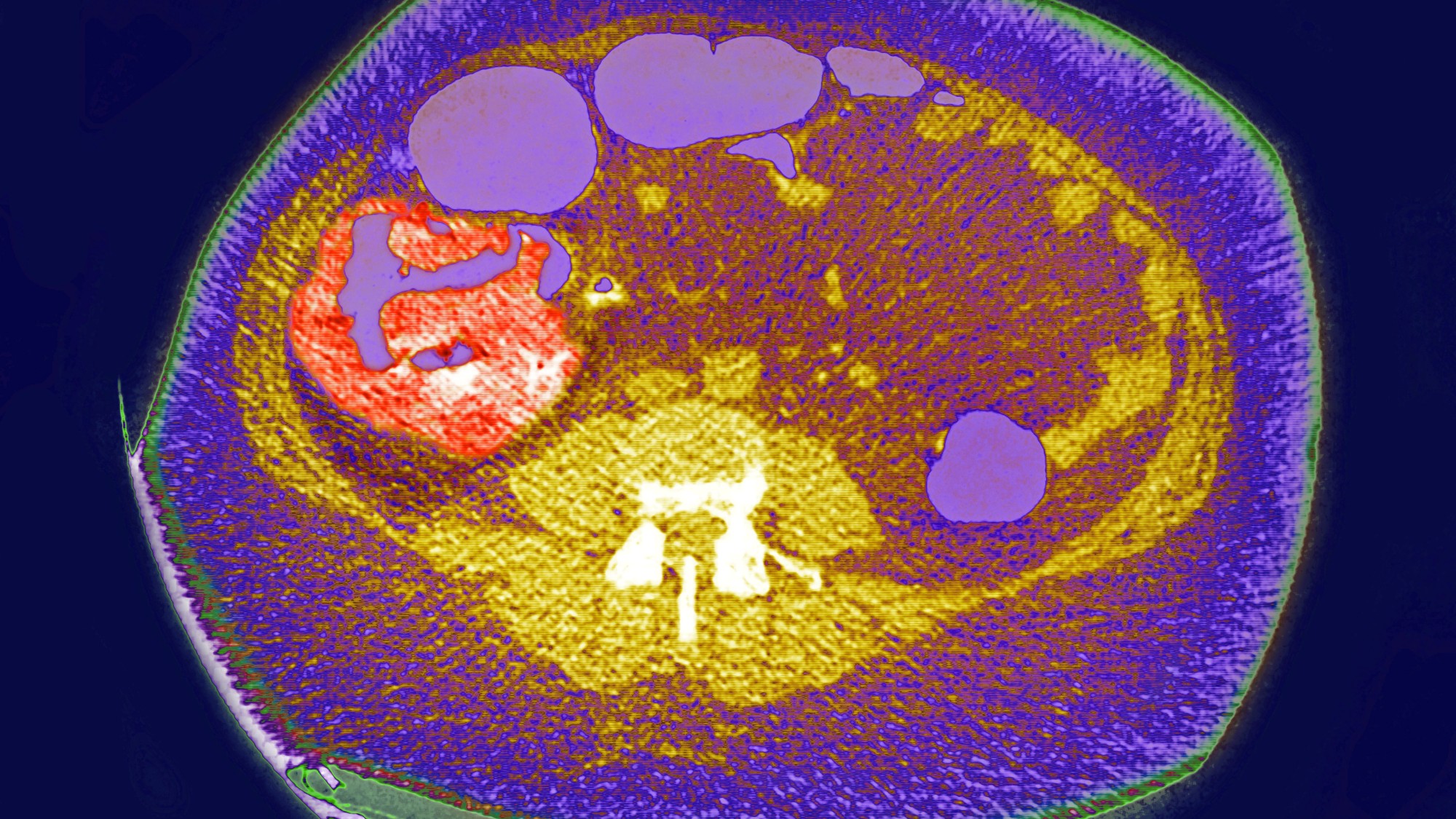 Why are more young people getting bowel cancer?
Why are more young people getting bowel cancer?The Explainer Alarming rise in bowel-cancer diagnoses in under-50s is puzzling scientists
-
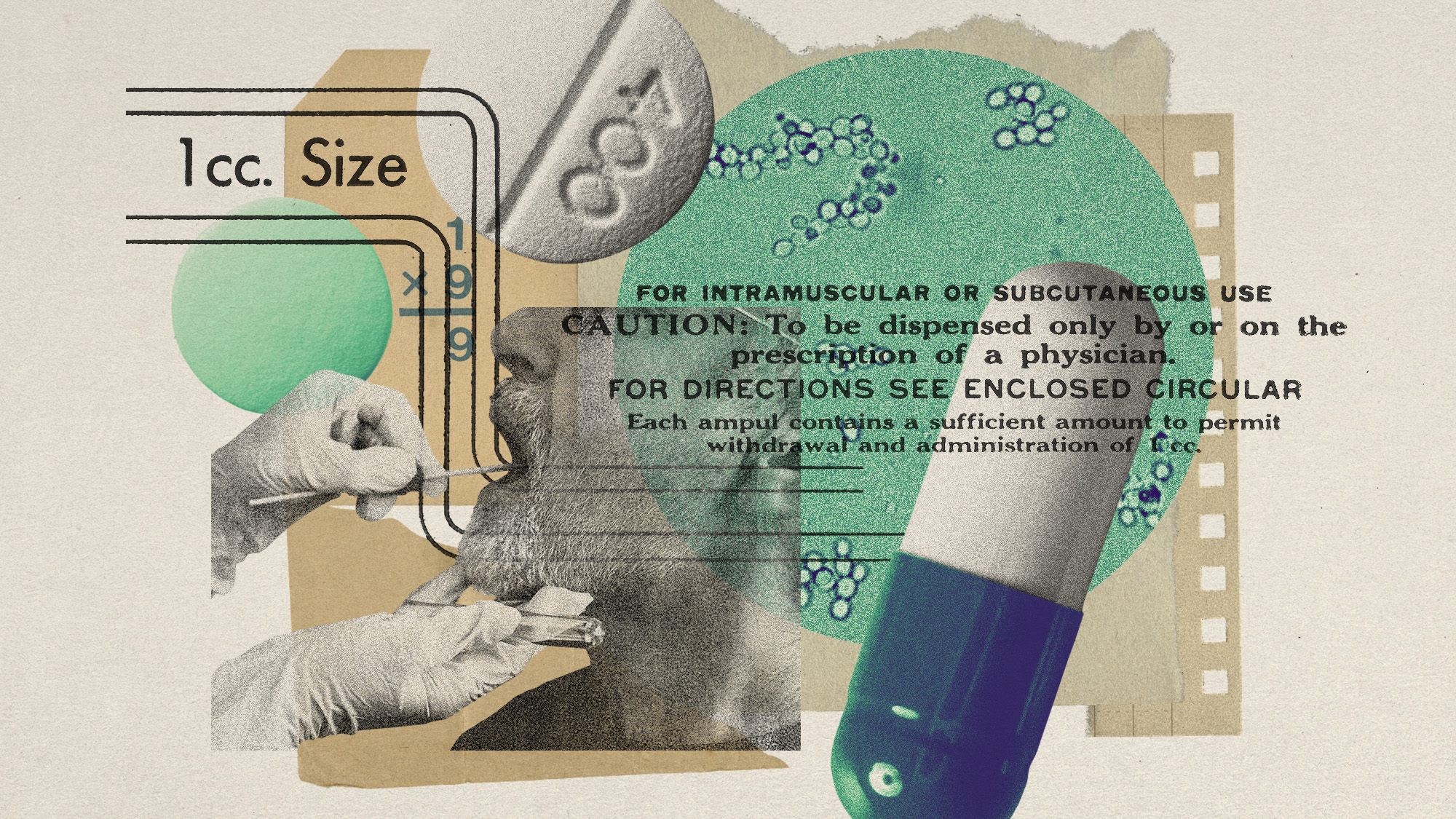 Five medical breakthroughs of 2024
Five medical breakthroughs of 2024The Explainer The year's new discoveries for health conditions that affect millions